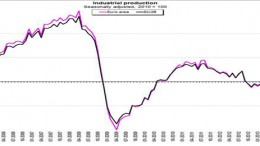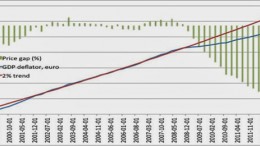Why are UK home prices rising? Check the sector’s lack of capacity
MADRID | By Julia Pastor | The evolution of the UK’s real estate market is one of the major risks assessed by the BoE in recent months. In fact, the demand has gained great traction since 2013, backed by better credit lending conditions, the increase of confidence and the oficial program Help to Buy.





